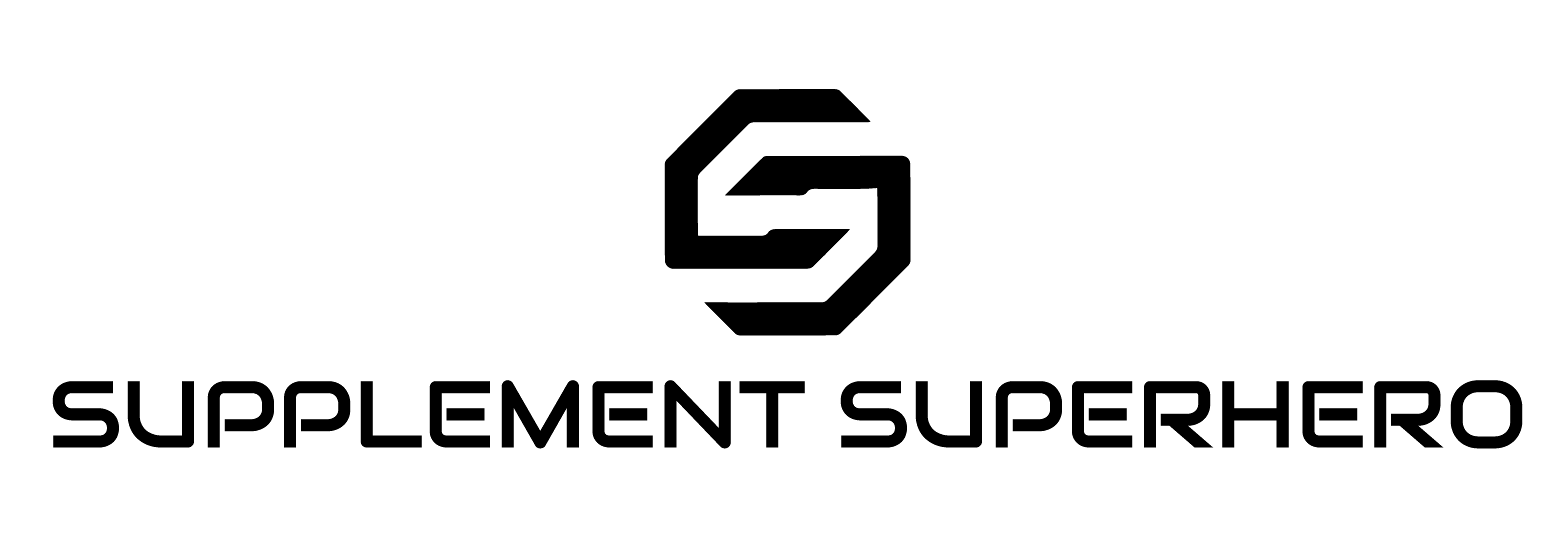Table of Contents
Introduction
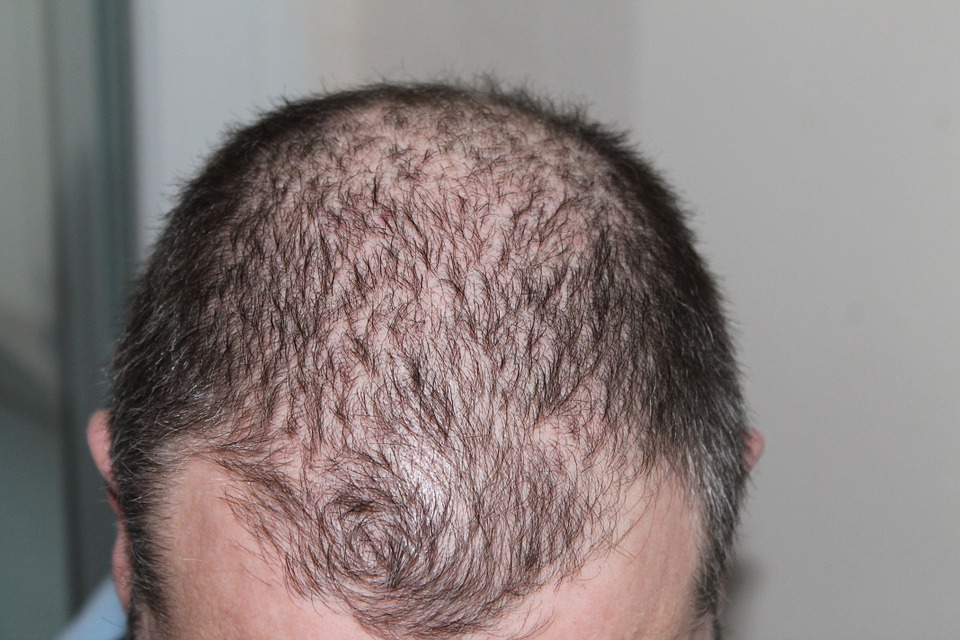
Over 60 million men and women in America are currently living with the nightmare of hair loss.
Often perceived to be an age-related and even male-specific problem, male pattern baldness can start as early as the mid-thirties in men, while nearly 80% of women have visible hair loss by the time they hit their forties.
Although it’s considered a cosmetic problem that causes no real harm, the fact is that those bald patches can take a horrendous toll on emotional well-being and self-image.
In fact, such is the mental anguish caused by the problem that nearly one-half of all sufferers are willing to trade their life savings for a full head of hair.
And if the social stigma wasn’t enough, a bigger problem is the fact that there are only a few treatment options available to treat the condition. Moreover, they too come with a high risk of side effects.
Fortunately, there are a few supplements that offer notable results against hair loss in both men and women. So, if you are worried about the hair plugs in your bathroom drain or the number of strands that you leave behind in your hairbrush, here is a list of some of the best supplements for hair loss.
Vitamin C
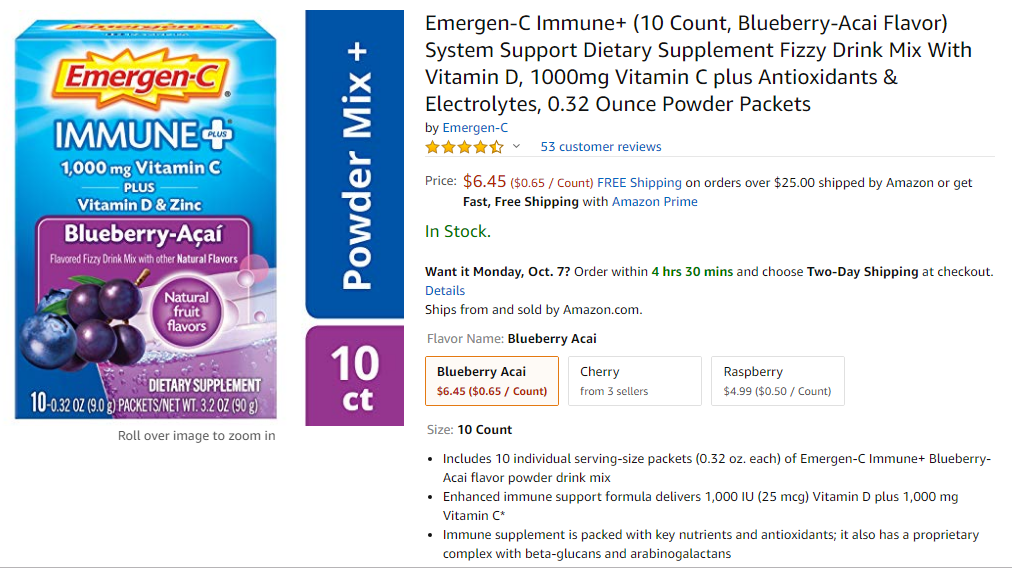
A powerful antioxidant that stops free radicals from causing damage to hair follicles, vitamin C also plays a crucial role in the synthesis of collagen.
This protein is vital for the health of the hair follicles as well the hair strands. Natural sources of vitamin C include citrus fruits, guavas, red and yellow peppers, strawberries and cauliflower.
Vitamin E
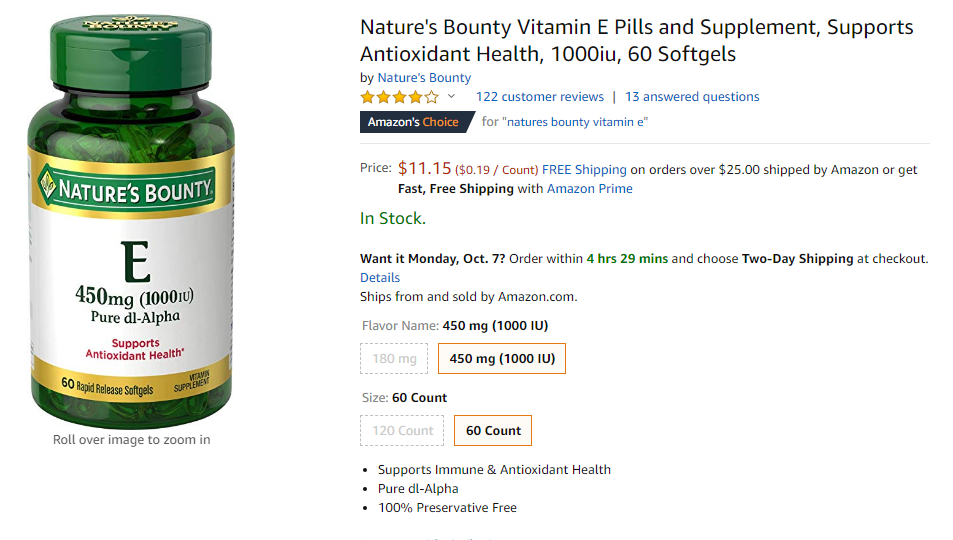
Apart from tackling oxidative stress that is often implicated in both hormonal and non-hormonal hair loss, vitamin E also helps to deal with scalp dryness and itching.
A potent and natural moisturizer that balances sebum production, vitamin E helps to keep the scalp and the hair follicles nourished, healthy and well protected.
Foods rich in vitamin E include almonds, sunflower seeds, fortified cereals and green leafy vegetables.
Biotin
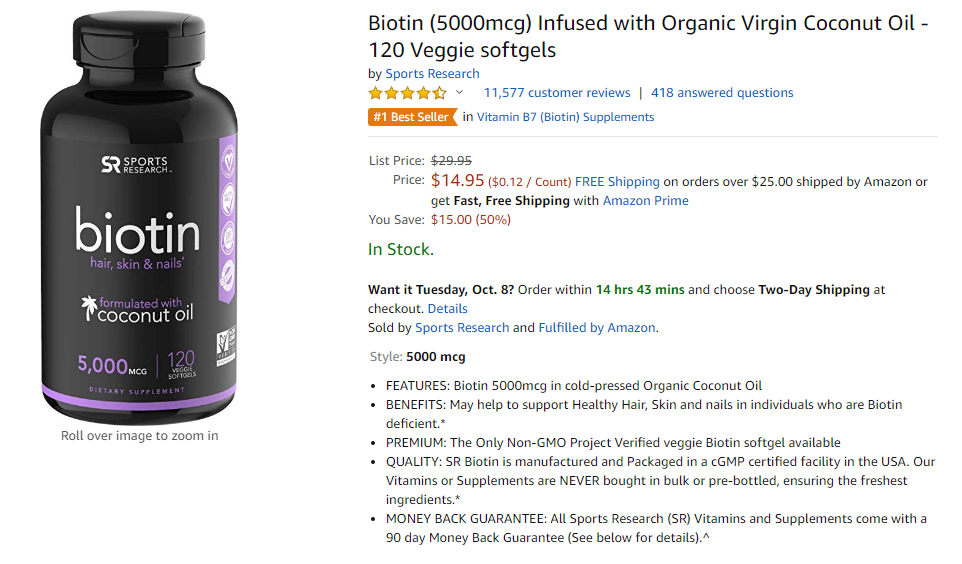
Possibly the most popular hair and skincare supplement, biotin, or vitamin B7, is vital for the synthesis of keratin.
This is a protein compound that is the building block of skin, hair and nail tissue. You are likely to see the best results with biotin supplementation if you suffer from a deficiency of the vitamin.
However, it is rare to have too little of this micronutrient since it is available from a variety of food sources such as cheese, eggs, mushroom, spinach, sweet potatoes and almonds.
B-complex Vitamins
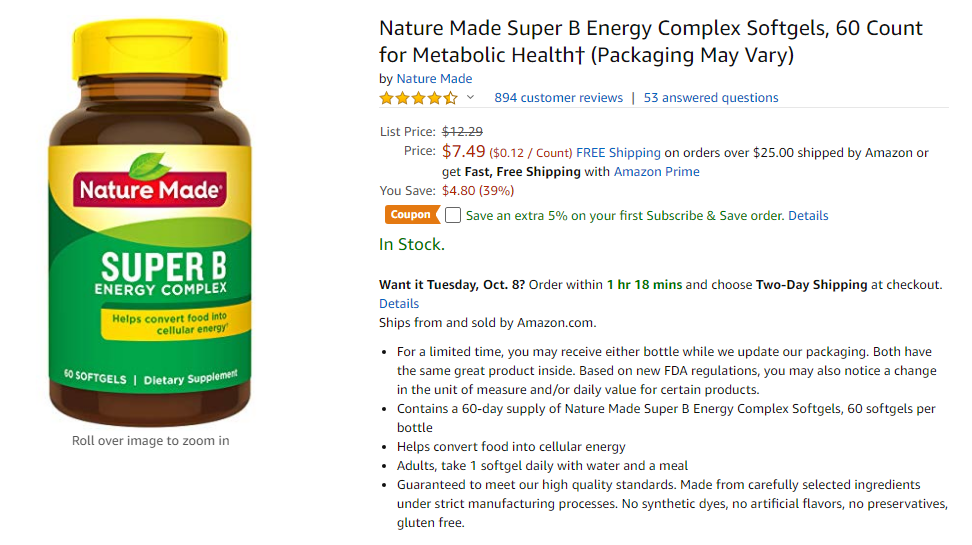
Apart from biotin, the other B-complex vitamins also have an indirect role to play in hair health. For instance, these micronutrients are essential for the creation of red blood cells, which carry oxygen and nutrients to various body parts.
Since your hair follicles and skin are at the bottom of the food chain in your body, they are the first to suffer when there isn’t enough nutrition and oxygen to go around.
You can get your daily dose of B-complex vitamins from whole grains, dairy products, fish, avocados, dark leafy greens and meat (red and white).
Vitamin D
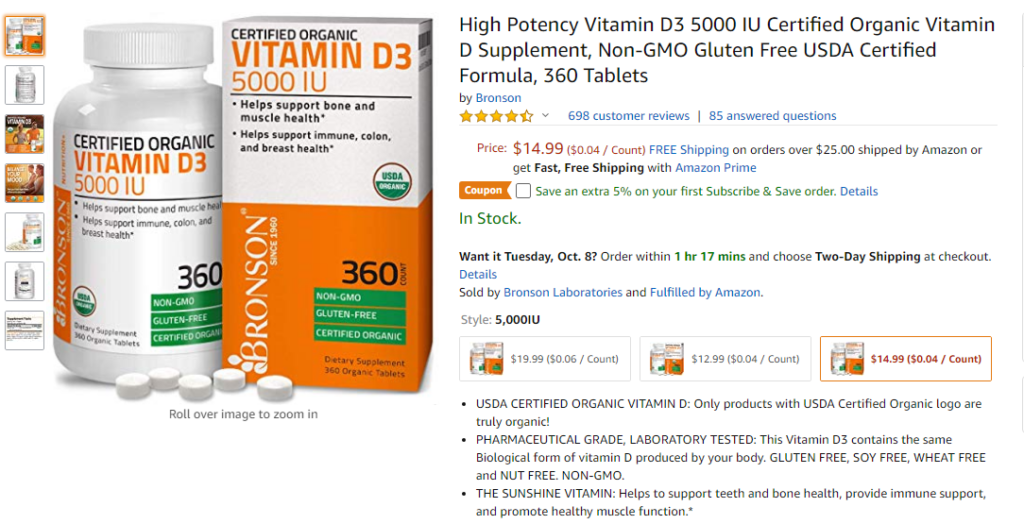
The sunshine vitamin is just as good for your hair as it is for your bones. When combined with calcium, it can go a long way in improving the health of the hair follicles.
In fact, some research also points to the role of this micronutrient in the formation of new hair follicles.
If you don’t get enough time outdoors, you can get your daily dose of vitamin D from egg yolk, cheese, fatty fish, beans, kale, spinach, okra and fortified food products.
Selenium
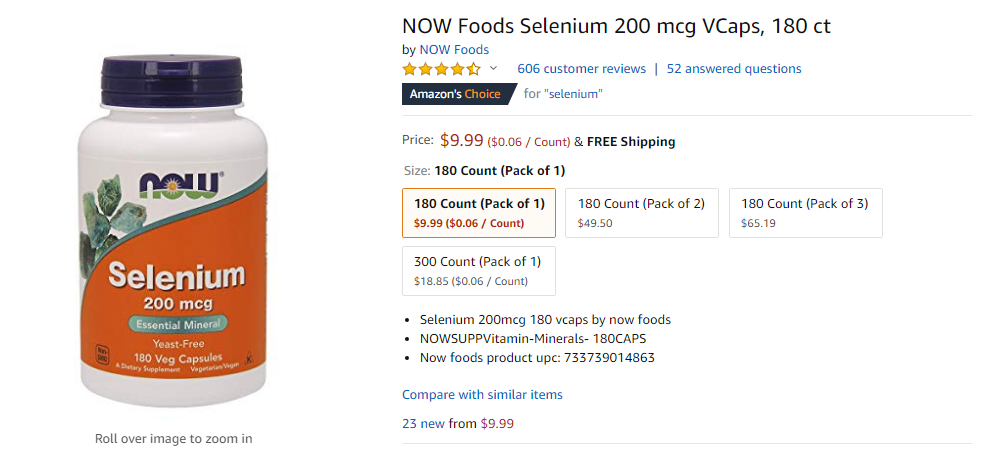
This trace mineral is often found in hair loss supplements and it is true that selenium deficiency can cause hair thinning because the nutrient helps to push toxins out of the body.
In case of a deficiency, metabolic waste tends to linger around for longer in the body and damages hair and skin tissue. However, you should consult a doctor before using selenium supplements because too much of this mineral can also cause hair loss.
To get this nutrient through your food, load up on Brazil nuts, ham, pork, cottage cheese, spinach and mushrooms.
Zinc
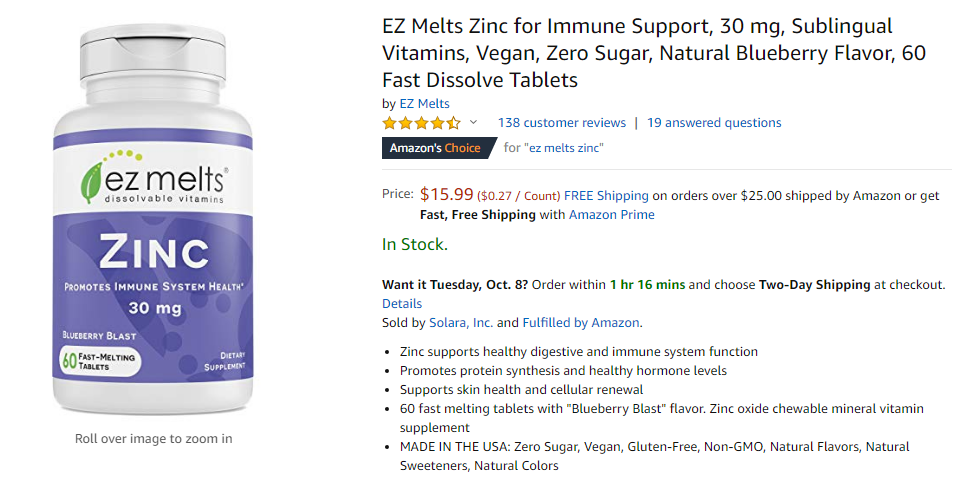
Essential for several biological processes in the body, zinc helps in the metabolism and utilization of both micro and macronutrients like protein.
Although it can be found in a variety of foods, it is one of the least bioavailable minerals, so zinc deficiency is very common.
When you don’t have enough zinc to go around, your hair follicles starve and fall weak, resulting in significant hair fall.
To get this trace mineral from your diet, enjoy daily servings of legumes, whole grains, dairy products, shellfish, seeds and nuts.
Iron
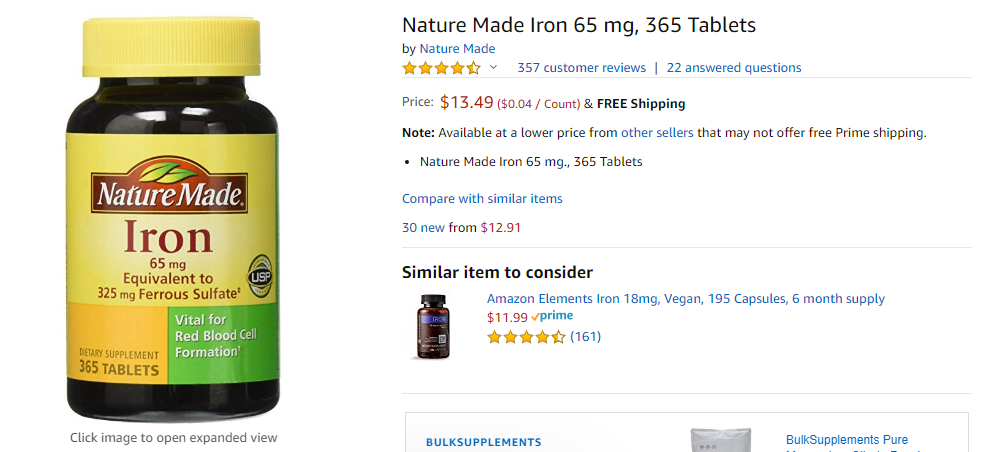
Since this mineral is needed to maintain the level of hemoglobin in the blood, iron deficiency is bound to impact both skin and hair cells.
Both chronic and acute deficiency of iron can leave your hair dry, weak and prone to splitting and breakage. However, it is easy to go overboard when using iron supplements, which can be dangerous.
So, talk to your doctor before using pills for your daily dose of iron. If you want to get the nutrient from dietary sources opt for food items such as organ meat, spinach, legumes, shellfish, quinoa and broccoli.
Saw Palmetto
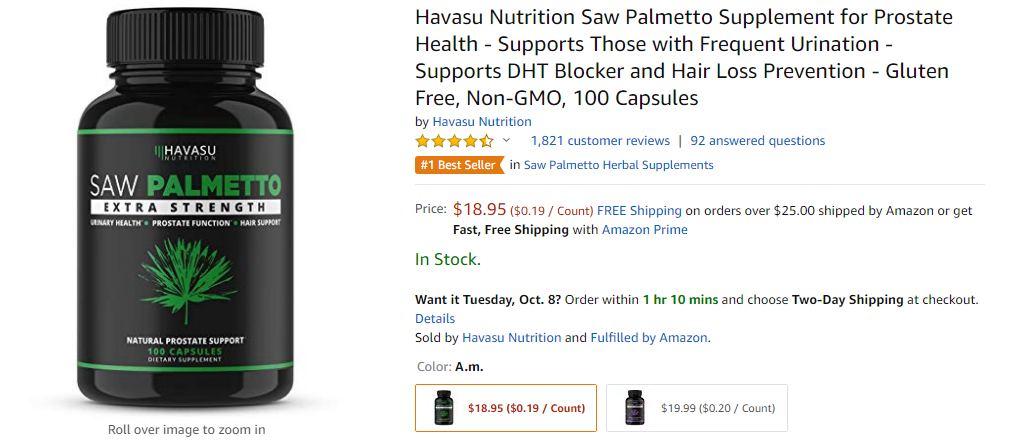
This herb is often found in supplements meant to treat male pattern hair loss (MPHL).
Derived from the fruits of a type of palm tree, the extract contains phytochemicals that prevent the breakdown of testosterone into DHT, the substance that kills hair follicles and causes MPHL.
Because saw palmetto is also a diuretic agent, increase your intake of fluids while using this supplement.
Curcumin
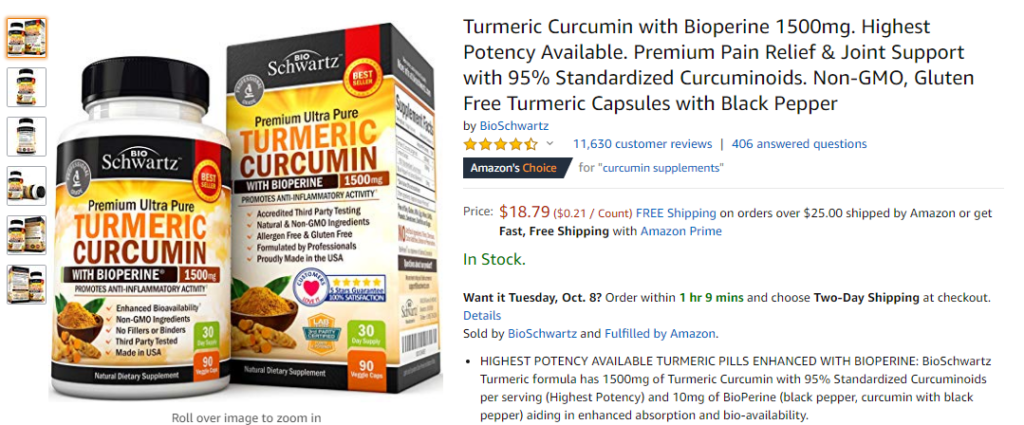
Both hormonal and non-hormonal causes of hair loss lead to inflammation in the scalp, which damages the hair follicles, causing permanent bald patches.
Fortunately, with curcumin, you have the most powerful anti-inflammatory agent available in nature. It is also a potent antioxidant, so it keeps free radicals in check.
When buying curcumin supplements, look for a product that combines curcumin with piperine, which increases the bioavailability of the former.
Omega 3 fatty acids
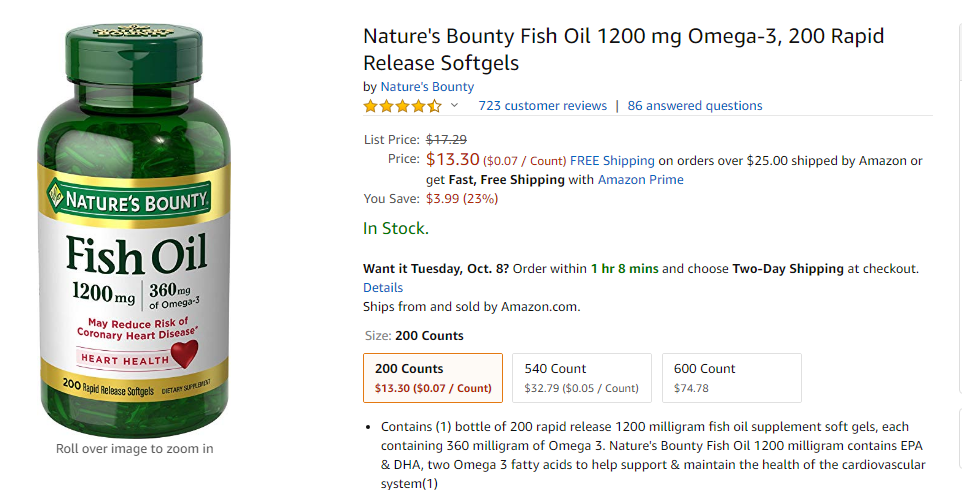
Found in walnuts, flaxseed and oily fish, omega 3 fatty acids regulate sebum production. So, they help to keep the scalp moisturized and healthy, and that is what the hair follicles need to thrive and work as they should.
Amino acids
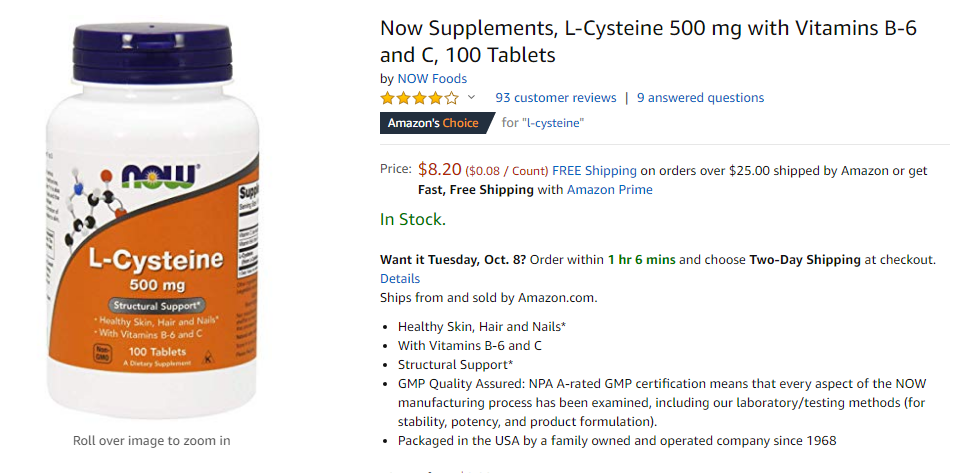
L-cysteine and l-lysine are two amino acids that have been studied for their beneficial effects on hair health.
They help to maintain the integrity of the protein structures in the body. Moreover, l-lysine is also known to impact hair volume and texture, while l-cysteine is an exceptional antioxidant that provides protection against free radical damage.
Pumpkin Seed Oil
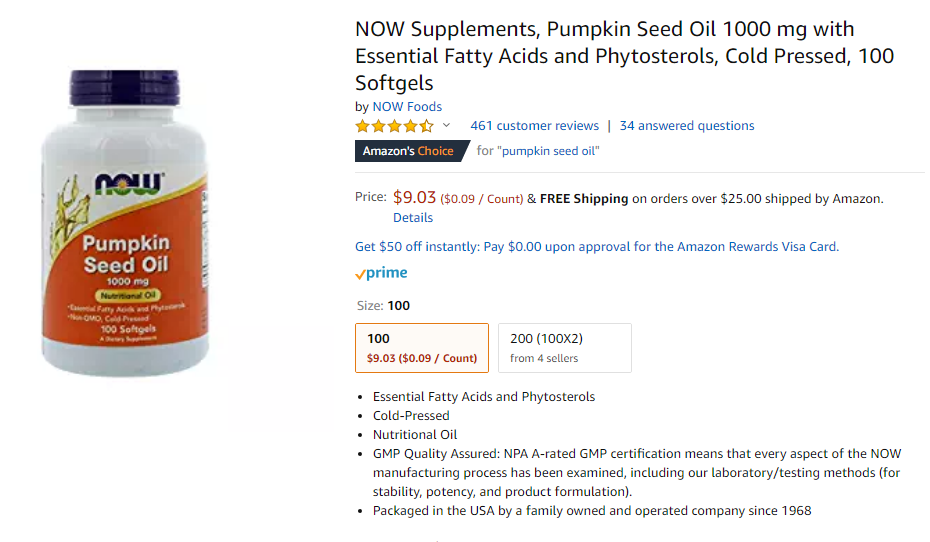
The oil works in the same way as does saw palmetto, preventing the conversion of testosterone into DHT.
In a small study that included 76 participants, it was observed that daily doses of 400 mg of PSO increased hair count by 40%.
Green Tea Extract
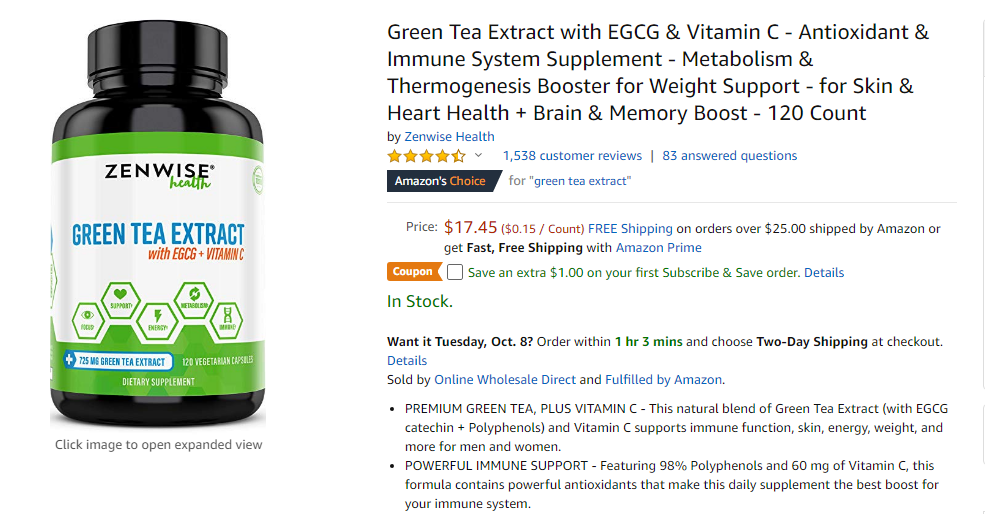
The flavonoids in green tea, particularly a compound called EGCG, is a powerful antioxidant and anti-inflammatory substance. So, it helps to reverse and stop the damage caused by free radicals and inflammatory scalp conditions.
Conclusion
In addition to these, you may also want to consider the use of adaptogenic herbs like holy basil, Indian gooseberry, ginseng and Brahmi, to help alleviate stress, which can often cause “mane” problems.
When using some of the best supplements for hair loss, it is important to understand that seldom does the paucity of one compound cause significant hair thinning.
If your crowning glory is suffering, it is probably due to a combination of factors. Frequently, an underlying but silent health condition is the culprit. So, talk to your doctor before using supplements for your hair problems.
